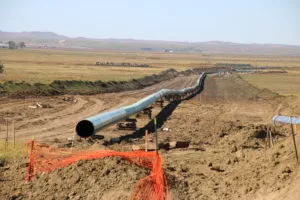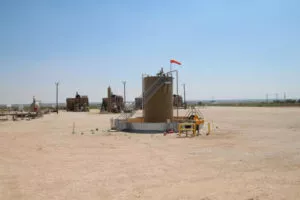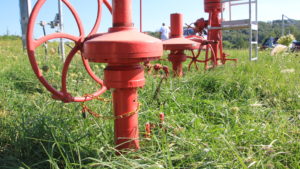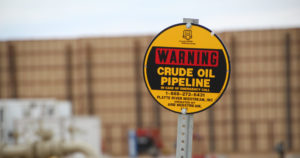Gas pipelines carry natural gas and propane from drilling areas to processing plants and markets. They are also known as transmission lines.
Large, interstate lines, which can cross multiple state boundaries and stretch for hundreds of miles, make up over 70% of the national gas pipeline network.
Interstate gas pipelines
Interstate gas pipelines are permitted and regulated by the Federal Energy Regulatory Commission (FERC) in conjunction with other federal agencies relevant to specific projects.
Intrastate gas pipelines
State environmental regulatory agencies and utility boards oversee gas pipelines within states, and also have authority under the Clean Water Act to make decisions on interstate pipeline permits.
For More Information
- Pipeline Safety Trust Briefing Paper #2.
- EIA About Natural Gas Pipelines
- Stop the Tennessee Pipeline
- Stop the Pilgrim Pipeline
- Stop the Constitution Pipeline
- Law Offices of Carolyn Elefant Knowing and Protecting Your Rights When an Interstate Gas Pipeline Comes to Your Community




